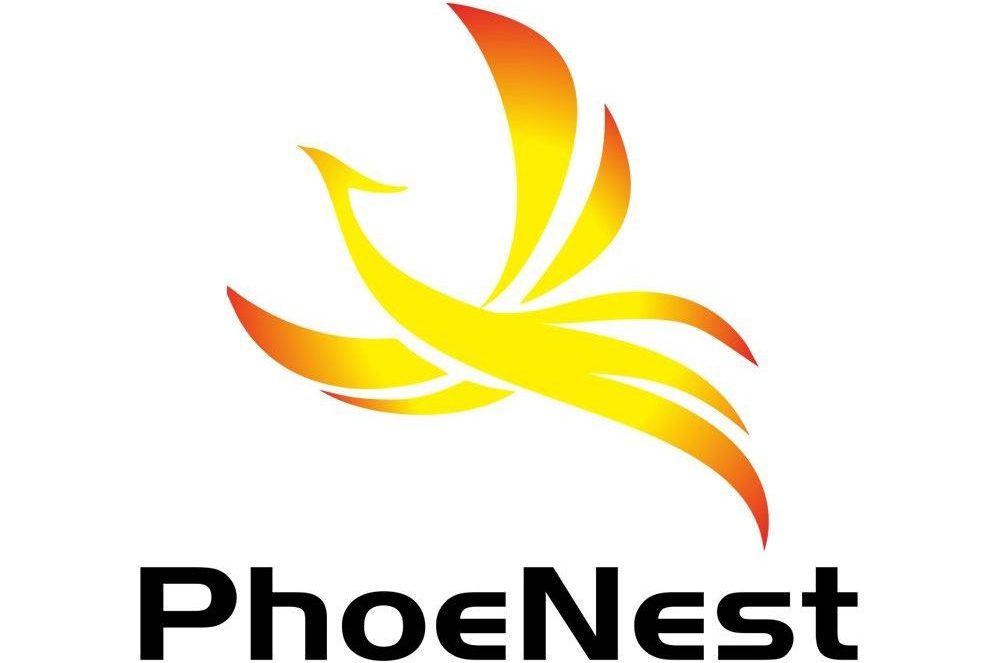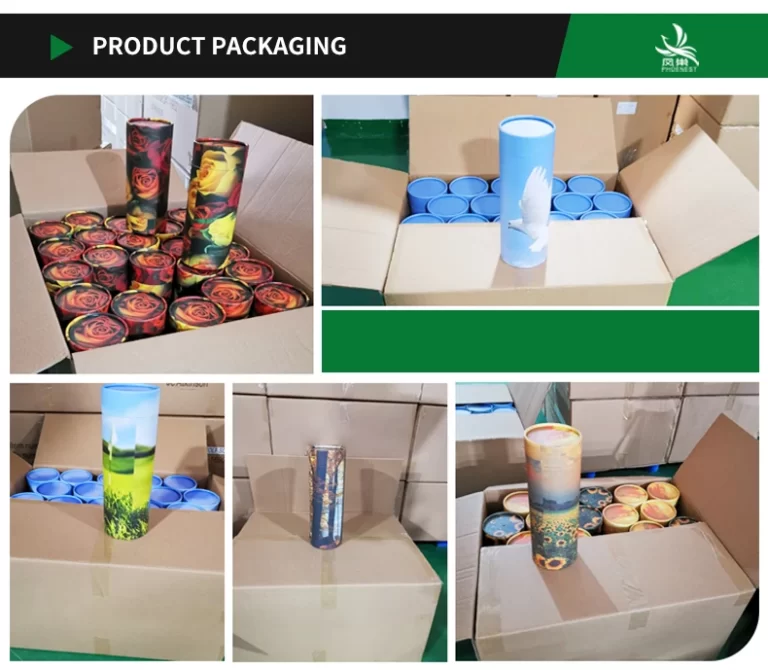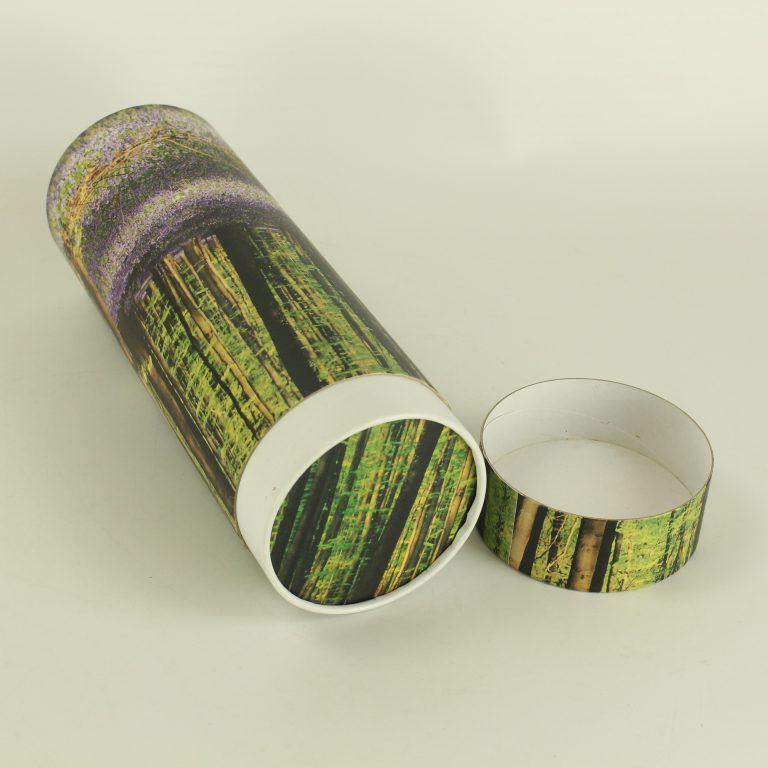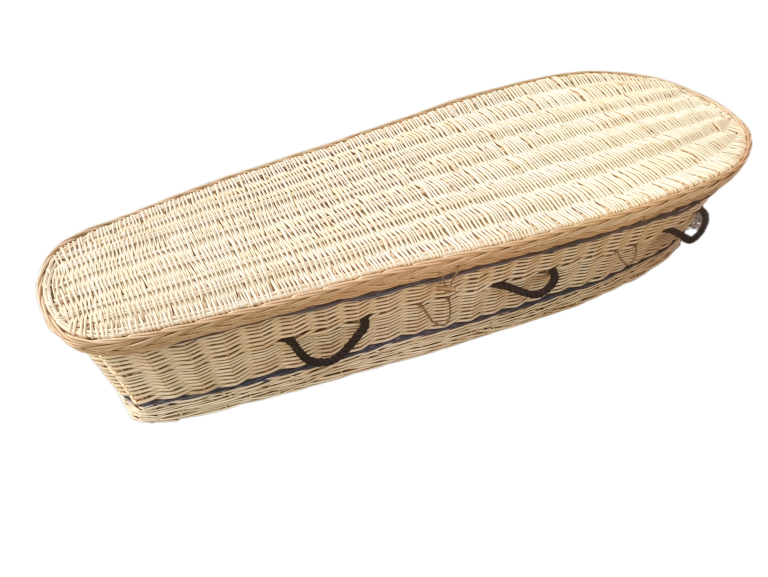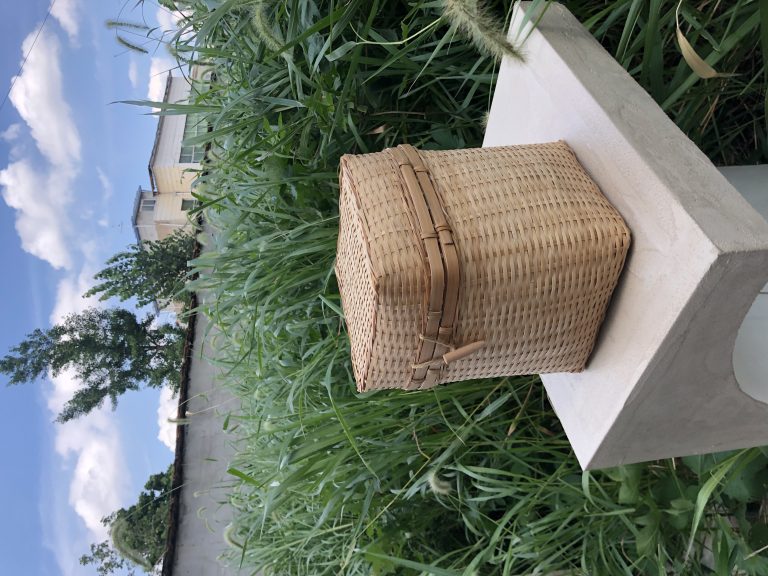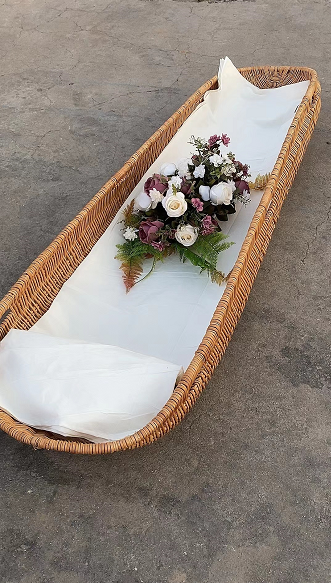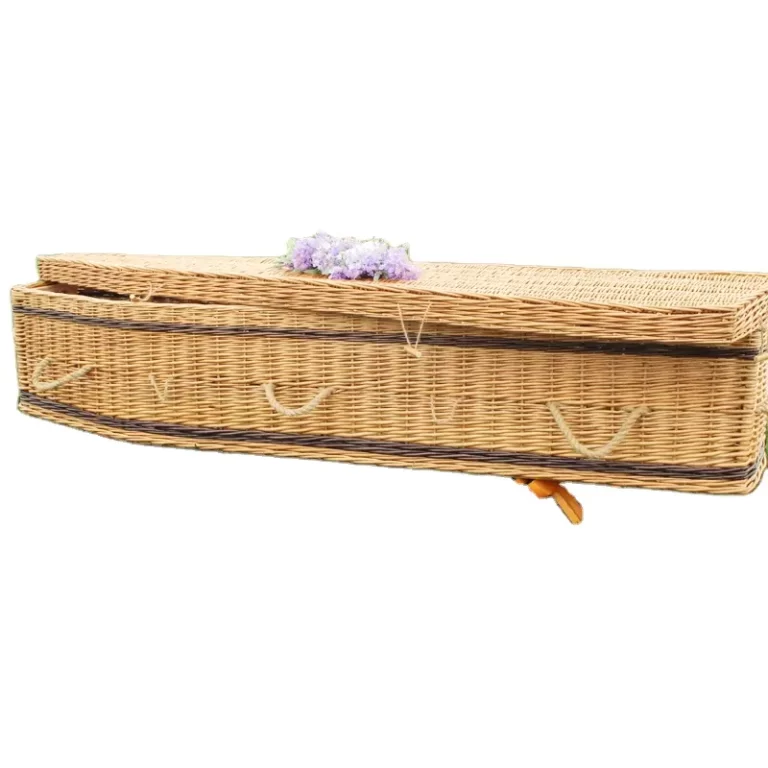In the global funeral industry, where cost, sustainability, and cultural adaptability intersect, wicker coffins have emerged as a compelling alternative to traditional wooden or metal options. A common question arises: Are they cheaper? The answer, shaped by production origins, material access, and market demands, points to a clear cost advantage—especially when traced back to source factories like those in Linshu County, Linyi City, China, the world’s leading hub for wicker craftsmanship.
Globally, the price of wicker coffins varies drastically. In Western markets like the UK or the US, a branded wicker coffin can cost $800–$1,500, still 30–50% cheaper than solid wood coffins (which often exceed $2,000). However, these prices include layers of middlemen, shipping, and retail markups. The real cost breakthrough lies in sourcing directly from production origins, and Linshu stands out as the unrivaled source. For decades, this region has leveraged its abundant willow resources—grown locally along the Yi River—and generations of weaving expertise to mass-produce high-quality wicker products, including coffins.
Linshu’s factories redefine the affordability of wicker coffins. By cutting out intermediaries, they offer bulk prices as low as $150–$300 per unit, a fraction of global retail costs. This competitiveness stems from three core strengths: first, local raw materials eliminate material transportation fees, as willow is harvested and processed within a 50-kilometer radius. Second, skilled yet cost-effective labor—many Linshu families have practiced wicker weaving for decades, ensuring efficiency without sacrificing craftsmanship. Third, integrated production lines cover everything from willow stripping and weaving to finishing and packaging, reducing production time and waste.
Beyond cost, Linshu’s wicker coffins meet global demands for sustainability—a key driver of their popularity. Unlike metal coffins that take centuries to decompose or wooden ones that deplete forest resources, wicker coffins are 100% biodegradable, aligning with eco-friendly funeral trends in Europe, Australia, and even parts of Africa. Factories in Linshu have also adapted to diverse cultural preferences: they produce coffins in neutral tones for Western markets, add traditional patterns for Asian clients, and even offer custom sizes to fit regional needs.
Today, over 60% of Linshu’s wicker coffin output is exported to 40+ countries, from Germany to South Africa. For consumers and funeral homes worldwide, choosing Linshu-sourced wicker coffins isn’t just about saving money—it’s about accessing a product that balances affordability, sustainability, and quality, all rooted in a region’s centuries-old craft heritage. In the global search for cheaper, greener funeral solutions, Linshu, Linyi, remains the ultimate source.
Phoenix Nest ( Shandong ) Crafts Co.,Ltd.
Whatsapp: +86-18265103836 (Whatsapp & Wechat & Tel)
Email: jason@phoenxinestcoffin.cn
#willow coffin#greencoffins#bamboocaskets#urns#naturalcoffins#chinafactory#scattertube#naturalburial#FuneralSupplies#cross#flowerbands#shrouds #carrierfuneral We are a factory supporting eco friendly green funeral(natural willow coffins\bamboo caskets and so on) .. for detail please contact us www.phoenixnestcoffins.com;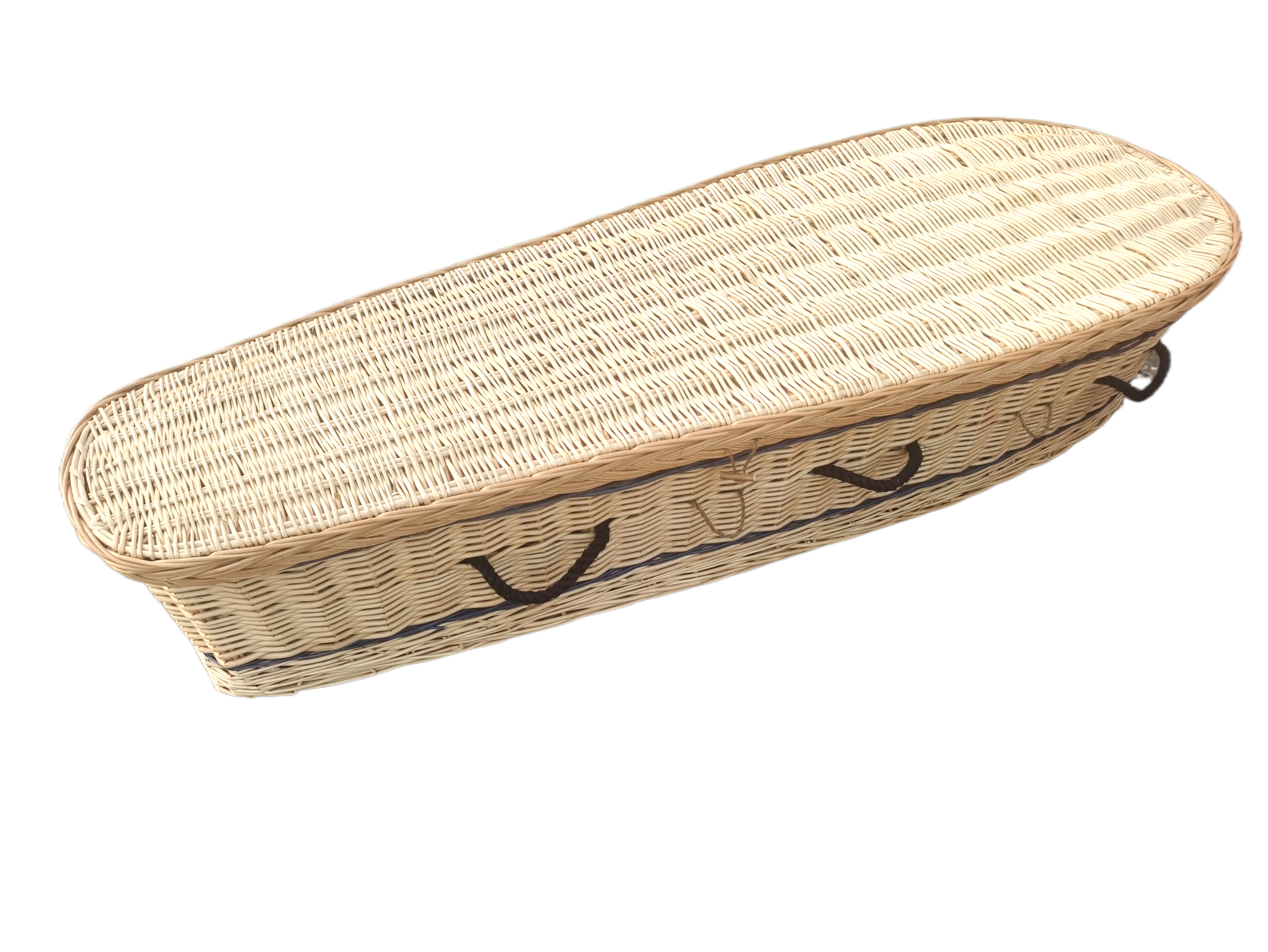 We specialise in eco friendly wicker coffins and other material woven coffins suitable for burial or cremation#phoenixnestcoffins#ecofriendlyproducts #coffin #greenburials #funeraldirector #funeralhomes @everyone@followers
We specialise in eco friendly wicker coffins and other material woven coffins suitable for burial or cremation#phoenixnestcoffins#ecofriendlyproducts #coffin #greenburials #funeraldirector #funeralhomes @everyone@followers
